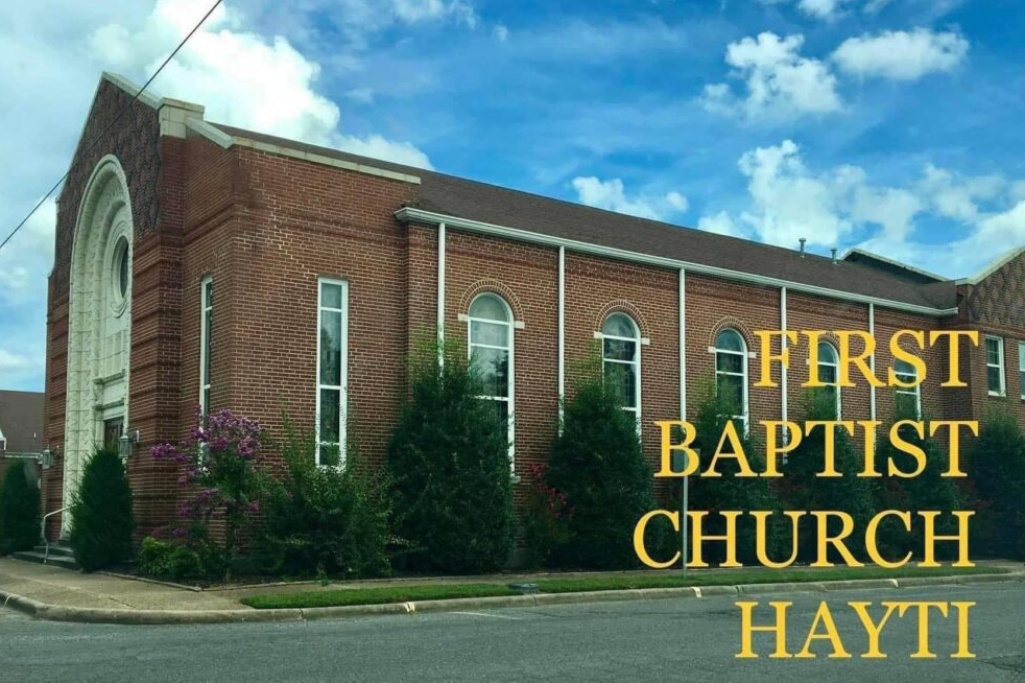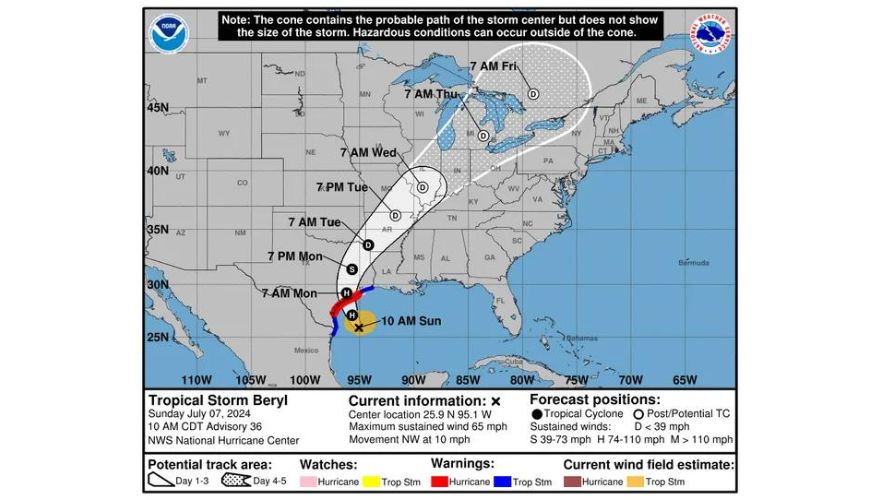
Large swaths of Asheville, N.C., and surrounding areas lay in ruins following flooding related to Hurricane Helene.
ASHEVILLE, N.C. (BP) — Rookie Southern Baptists of Texas Convention (SBTC) Disaster Relief (DR) chaplain Patsy Sammann wasn’t quite sure what she was getting into when she joined veteran chaplain Lynn Kurtz to deploy to North Carolina this fall to serve survivors of Hurricane Helene.
“You go where God sends you,” Sammann said.
In late October, she drove from her home in Carrizo Springs to Waxahachie to rendezvous with Kurtz, and from there the pair hit the road for Asheville.
Kurtz and Sammann first assisted SBTC DR shower and laundry volunteers supporting a Red Cross shelter in Asheville. When that task ended earlier than expected, they contacted SBTC DR Director Scottie Stice for instructions about what to do next.
“You have two weeks blocked off. You are already there. Go be a blessing to the community,” Stice said.
And they did.
“This was typical for how we used to deploy our chaplains, especially during and before COVID,” Stice said. “We would send chaplains to hurting communities to talk to survivors, share the gospel and be a presence supporting our volunteers. Sometimes our DR volunteers see such tragedy that they, too, need chaplains.”
So Kurtz and Sammann set out to see whom they could help by sharing Jesus.
Serving and listening
They spread out across Asheville, splitting up at times. Whether assisting Salvation Army food distribution efforts in the Biltmore or Burnsville areas or serving with Southern Baptist Disaster Relief (SBDR) teams from other states, the chaplains embraced ministry opportunities at every turn.
While passing out hot meals in the field via a drive-thru operation, Kurtz and Sammann visited and prayed with hurricane survivors.
“They had stories to tell,” Kurtz said.
Wearing their recognizable yellow SBTC DR gear, the chaplains approached diners at a crowded mall food court asking if there was anything they could pray for.
“Ninety-five percent let us pray with them,” Kurtz said. A lady observed the pair praying before starting to eat their own meals and approached.
“I am so impressed that you all prayed over your food before you ate. You just don’t see that anymore,” she said, launching into a lengthy conversation before offering her vacant rental unit as a place to stay should Kurtz and Sammann need it.
“Her offer was typical of this community,” Kurtz said. “People were so grateful — and they did want to talk.” Many at the food court had lost their homes, she added.
Later, driving through a hard-hit Asheville neighborhood, they talked with people walking their dogs or working in their yards. They prayed on their own for a Hindu woman who declined their offer to pray for her. On another street, they encountered an SBDR recovery team. Members asked Kurtz and Sammann to talk with a woman at a house nearby. Her home was being worked on by her brother, who is a pastor, and members of his church.
“She’s lost. She needs help,” SBDR volunteers said.
The chaplains found the woman uninterested in talking, but she did allow them to pray for her. She was surrounded by Christian people helping her, yet she wanted none of Christianity, Kurtz noted.
“When I pray, I always ask the Lord to help them in whatever situation they are in,” Kurtz said. “I ask the Lord to let whoever it is know He loves them and that He loved them so much that He died on a cross.”
Rookie lessons
What did Sammann learn on her first deployment?
She liked the Cambro containers used to transport Styrofoam clamshells filled with hot meals. “We Baptists have our casseroles and those things are perfect. I wish I had some,” she said.
She witnessed the seamless teamwork among state Baptist DR teams and other relief groups.
She learned that seemingly insignificant things matter.
Working alongside North Carolina Baptist DR, Sammann visited with a family of three whose home had been cut in half by a fallen tree. The couple’s special needs son, 14-year-old D.J., had pushed his mother out of the way when the tree hit.
“Had he not, she would have perished,” Sammann said.
“You’re a hero,” she told D.J., who downplayed what he had done but engaged in conversation with her.
“He doesn’t talk to people he doesn’t know. I am amazed he is talking to you,” D.J.’s mom told Sammann as the chaplain helped D.J. sort a box of Legos, his coping mechanism.
“We had a grand old time going through that box of Legos,” Sammann said. She promised D.J. she would stay till the North Carolina team finished work at the house that day.
Other stories, more somber in nature, greeted Sammann, including that of an elderly gentleman who had attempted to save his wheelchair-bound wife. As the creek beside their property rose dramatically, he phoned 911 and followed the operator’s instructions to place their IDs in Ziplock baggies, taping them to their arms, and using permanent markers to write their Social Security numbers on their bodies. He then moved his wife to the barn due to its higher elevation, where he assumed she would be safe. He carried her to the loft, then returned to the house to get their medications, food and water.
Moments later, he walked outside his home. The barn was gone, swept away by the flood.
“They found his wife’s body in Tennessee,” Sammann said, her voice cracking with emotion. “He was trying to protect her.”
“I should have kept her in the house,” the man said.
“In a situation like this, you just have to do what you feel is best. You thought your wife would be safe. It’s not your fault the creek rose,” Sammann said, consoling him. “He let me pray with him. He is a man of faith. He and his wife were both believers. He knows she is with God.”
The man later took in an elderly couple who had lost their home and is caring for them, Sammann said.
“I saw a lot of strength, faith, and courage in North Carolina,” she said. “People were more concerned about others than themselves.”
“Pray for my community,” folks often asked. “Pray we get back to normal.”
Helping people get back to “normal” is at the heart of DR work.


